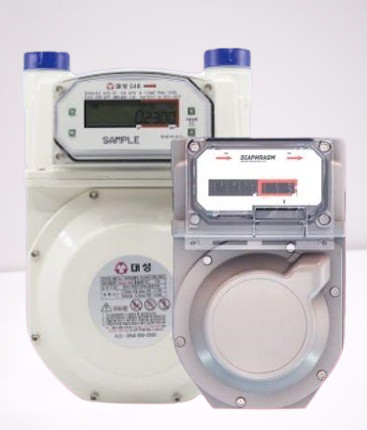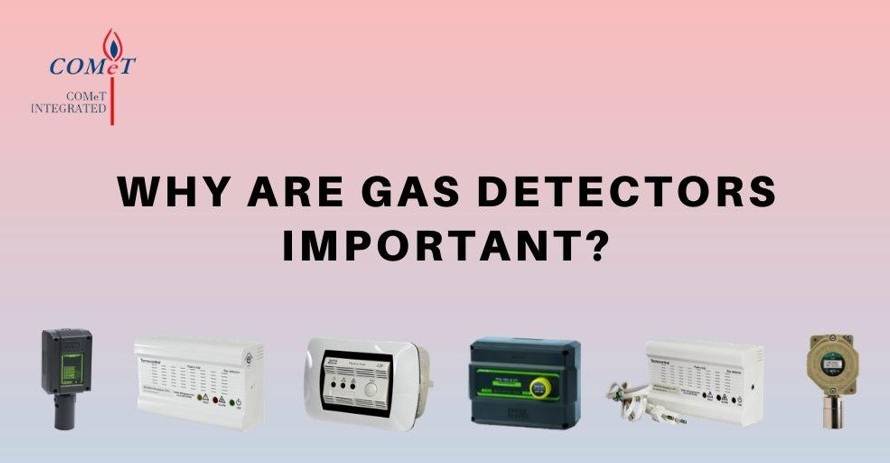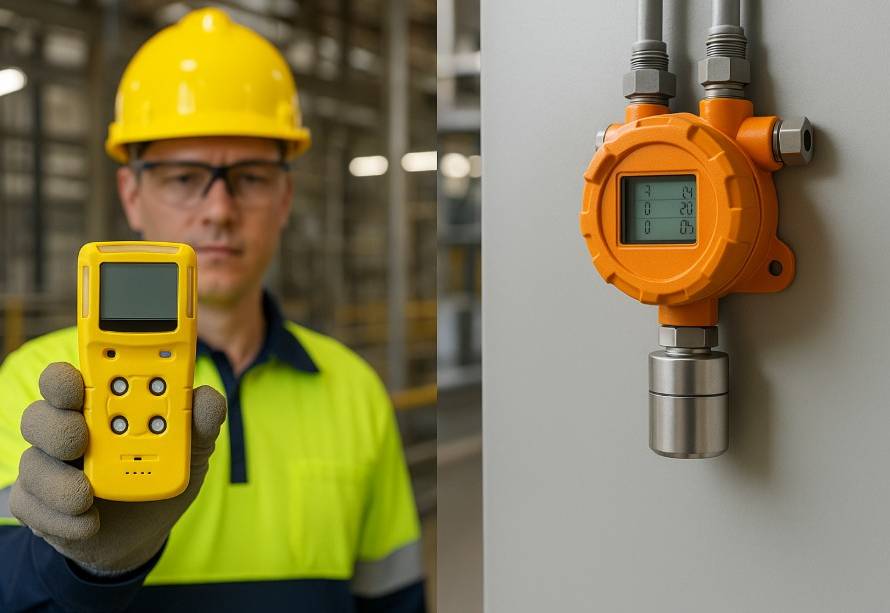How to choose the right gas meter?

Selecting the right gas meter is crucial for ensuring accurate gas measurement, optimal performance, and safety in both residential and industrial settings. With numerous gas meter models available, making the right choice requires a clear understanding of meter types, capacity, gas pressure, installation requirements, and usage conditions.
This guide covers everything you need to know about gas meters, helping businesses, engineers, and homeowners in Malaysia choose the best gas meter based on their specific needs.
1. Understanding the Purpose of a Gas Meter
A gas meter measures the volume of gas consumption, ensuring accurate billing and safety. The type of meter you need depends on its application, whether for residential, commercial, or industrial use.
Types of Gas Meters and Their Applications
1. Diaphragm Gas Meters
Best for low to medium gas consumption, commonly used in:
- Residential buildings and condominiums
- Small restaurants, cafes, and food courts
- Light commercial settings
- Capacity: 2.5 m³/hr – 10 m³/hr
- Works best under low gas pressure
2. Turbine Gas Meters
Ideal for high gas usage in commercial and industrial sectors:
- Factories, manufacturing plants, and industrial zones
- Hotels, hospitals, and high-volume kitchens
- Large-scale commercial spaces
- Capacity: Above 16 m³/hr
- Built for high gas pressure and heavy-duty use
Choosing the Right Type Based on Your Needs
- If your gas consumption is low to moderate, a diaphragm gas meter is sufficient.
- If you need high flow rates and operate in an industrial setting, a turbine meter is the best choice.
2. Determining the Required Gas Meter Capacity
One of the most critical factors in selecting a gas meter is its capacity. The right meter should be able to handle the maximum flow rate required by all gas-powered devices in the building.
How to Calculate Gas Meter Capacity
- List all gas-powered appliances and their individual consumption rates.
- Add up the total gas consumption per hour.
- Choose a gas meter with a slightly higher capacity than your total requirement to prevent underperformance.
Why Capacity Matters:
- A gas meter that is too small may restrict gas flow, leading to malfunctioning appliances.
- A properly sized gas meter ensures efficient gas supply and reduces pressure fluctuations.
3. Pipe Size Compatibility
The size of the gas pipes directly impacts meter compatibility. Different meters require different pipe sizes:
- Diaphragm meters – Work with smaller gas pipes, making them suitable for homes and small businesses.
- Turbine meters – Require larger gas pipes to accommodate higher flow rates, used in industrial applications.
If you are unsure about the correct pipe size, consulting a gas meter supplier in Malaysia like Comet Integrated can help ensure proper installation.
4. Gas Pressure Considerations
Gas meters are designed to handle specific pressure ranges based on their application:
Diaphragm Gas Meters
- Suitable for low-pressure applications (up to 1.5 bar).
- Used in residential and small commercial setups.
Turbine Gas Meters
- Designed for high-pressure environments (up to 6 bar).
- Essential for industrial and heavy commercial applications.
How to Choose the Right Meter for High-Pressure Gas Systems
- If the gas pressure in your area is too high, a gas regulator should be installed to stabilize pressure before reaching the meter.
- Always check local regulations for pressure limits in your industry.
5. Selecting the Ideal Location for Gas Meter Installation
Proper installation is key to ensuring accurate readings and long-term durability. When choosing a location, consider the following:
Minimum Electrical Interference
Gas meters should be placed away from electromagnetic fields that can interfere with readings.
Compliance with Safety Regulations
Follow Malaysia’s gas safety codes and government regulations for meter installation.
Accessibility for Maintenance
Ensure the meter is easily accessible for routine inspection and servicing.
Proper Ventilation
Avoid enclosed spaces to prevent gas accumulation in case of leaks.
6. Understanding Different Gas Types and Meter Compatibility
Gas meters must be compatible with the type of gas supplied in your area. There are different gas compositions such as:
- Natural Gas (NG)
- Liquefied Petroleum Gas (LPG)
- Pipeline Gas
- Fuel Gas
- Digester Gas
If you are unsure about the type of gas used in your area, consult your gas supplier or a gas meter specialist before purchasing a meter.
Why Choosing the Right Gas Meter Matters
Installing the right gas meter optimizes performance, enhances safety, and ensures accurate billing. Here’s why selecting the correct gas meter is crucial:
✔ Prevents gas shortages or system malfunctions
✔ Reduces the risk of overloading gas pipes
✔ Ensures compliance with Malaysian gas safety regulations
✔ Improves overall energy efficiency
Final Thoughts: Selecting the Best Gas Meter for Your Needs
Choosing the right gas meter is essential for efficient gas consumption and long-term cost savings. Whether you need a diaphragm meter for residential use or a turbine meter for industrial operations, following these guidelines will help you make an informed decision.
For expert recommendations and high-quality gas meters in Malaysia, contact Comet Integrated today for a consultation.



